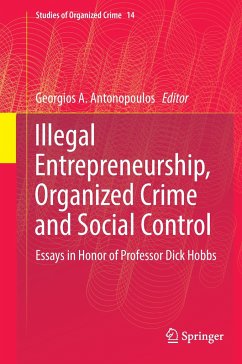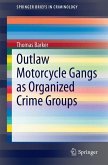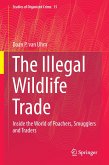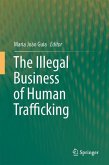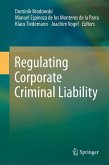This book covers organized crime groups, empirical studies of organized crime, criminal finances and money laundering, and crime prevention, gathering some of the most authoritative and well-known scholars in the field.
The contributions to this book are new chapters written in honor of Professor Dick Hobbs, on the occasion of his retirement. They reflect his powerful influence on the study of organized crime, offering a novel perspective that located organized crime in its socio-economic context, studied through prolonged ethnographic engagement. Professor Hobbs has influenced a generation of criminology researchers engaged in studying organized crime groups, and this work provides a both a look back and this influence and directions for future research.
It will be of interest to researchers in criminology and criminal justice, particularly with a focus on organized crime and financial crime, as well as those interested in corruption, crime prevention, andapplications of ethnographic methods.
The contributions to this book are new chapters written in honor of Professor Dick Hobbs, on the occasion of his retirement. They reflect his powerful influence on the study of organized crime, offering a novel perspective that located organized crime in its socio-economic context, studied through prolonged ethnographic engagement. Professor Hobbs has influenced a generation of criminology researchers engaged in studying organized crime groups, and this work provides a both a look back and this influence and directions for future research.
It will be of interest to researchers in criminology and criminal justice, particularly with a focus on organized crime and financial crime, as well as those interested in corruption, crime prevention, andapplications of ethnographic methods.
"Illegal Entrepreneurship, Organized Crime and Social Control is a festschrift comprised of 19 chapters written primarily by leading European scholars who have done research on organized crime and criminal markets. ... This volume ... is a welcome addition to the literature in highlighting both new insights into understanding organized crime and also the importance of the ethnographic method as a path to get there. The book should bring new attention to Hobbs' work and contributions ... ." (Jay S. Albanese, Rutgers University, clcjbooks.rutgers.edu, March, 2017)

